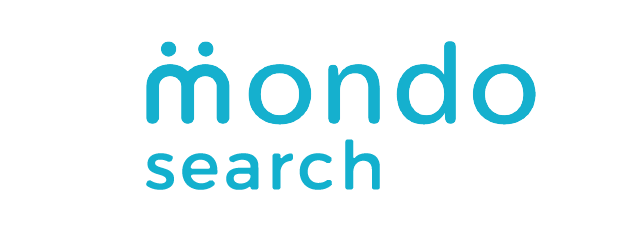In the modern professional landscape, the old adage “It’s not what you know, but who you know” holds truer than ever before. Building a strong network is not just a luxury but a necessity for career advancement and success. Whether you’re a seasoned professional or just starting out, investing time and effort into cultivating meaningful connections can yield invaluable benefits.
Why Build a Strong Network?
Opportunities Abound: A strong network opens doors to a plethora of opportunities. From job openings and collaborations to mentorship and career advice, your network can serve as a gateway to avenues you might not have discovered otherwise.
Knowledge Sharing and Learning: Networking exposes you to diverse perspectives and insights from professionals across various industries. Engaging with individuals from different backgrounds broadens your understanding of industry trends, best practices, and emerging technologies, fostering continuous learning and growth.
Support System in Times of Need: Building genuine relationships within your network creates a support system that you can rely on during challenging times. Whether you’re navigating a career transition, facing a professional dilemma, or seeking advice, your network can offer guidance, encouragement, and sometimes even practical assistance.
Professional Development and Mentorship: Mentors play a pivotal role in career development, offering guidance, wisdom, and encouragement based on their own experiences. By expanding your network, you increase the likelihood of finding mentors who can provide invaluable insights and support as you navigate your career journey.
Enhanced Visibility and Credibility: A strong network enhances your visibility within your industry or professional community. Active participation in networking events, industry conferences, and online forums can help you establish yourself as a credible and respected authority in your field, opening doors to new opportunities and collaborations.
How to Build a Strong Network:
Be Genuine and Authentic: Authenticity is key to building meaningful connections. Approach networking with a genuine interest in getting to know others, rather than solely focusing on what you can gain. Building trust and rapport takes time, so prioritise building authentic relationships over transactional networking.
Utilise Networking Channels: Networking opportunities abound both online and offline. Leverage social media platforms such as LinkedIn, professional associations, industry events, conferences, and networking groups to expand your reach and connect with professionals across different sectors.
Nurture Relationships: Building a strong network isn’t just about making initial connections; it’s about nurturing and maintaining those relationships over time. Stay in touch with your contacts through periodic check-ins, sharing relevant content or insights, and offering support whenever possible.
Give Before You Receive: Networking is a two-way street. Instead of solely focusing on what you can gain from your network, look for opportunities to contribute value and support to others. Whether it’s offering assistance, sharing knowledge, or making introductions, being generous and helpful strengthens your relationships and fosters reciprocity.
Asking leaders that you respect to mentor you is smart and often people feel intrinsically flattered to be asked. We have known mentees to offer to be a taxi to the airport to get one hour of their mentors undivided attention. Always thank in writing the learnings you gain from mentors.
Step Out of Your Comfort Zone: Building a strong network often requires stepping out of your comfort zone and initiating conversations with new people. Embrace networking events and opportunities as chances to expand your horizons, learn from others, and forge new connections.
By investing in cultivating meaningful relationships, actively engaging with your professional community, and offering value to others, you can harness the power of connection to unlock a wealth of opportunities, support, and growth in your career journey. Remember, your network isn’t just about who you know—it’s about the relationships you nurture and the value you bring to each connection. So, start building your network today, and watch as it propels your career to new heights.

